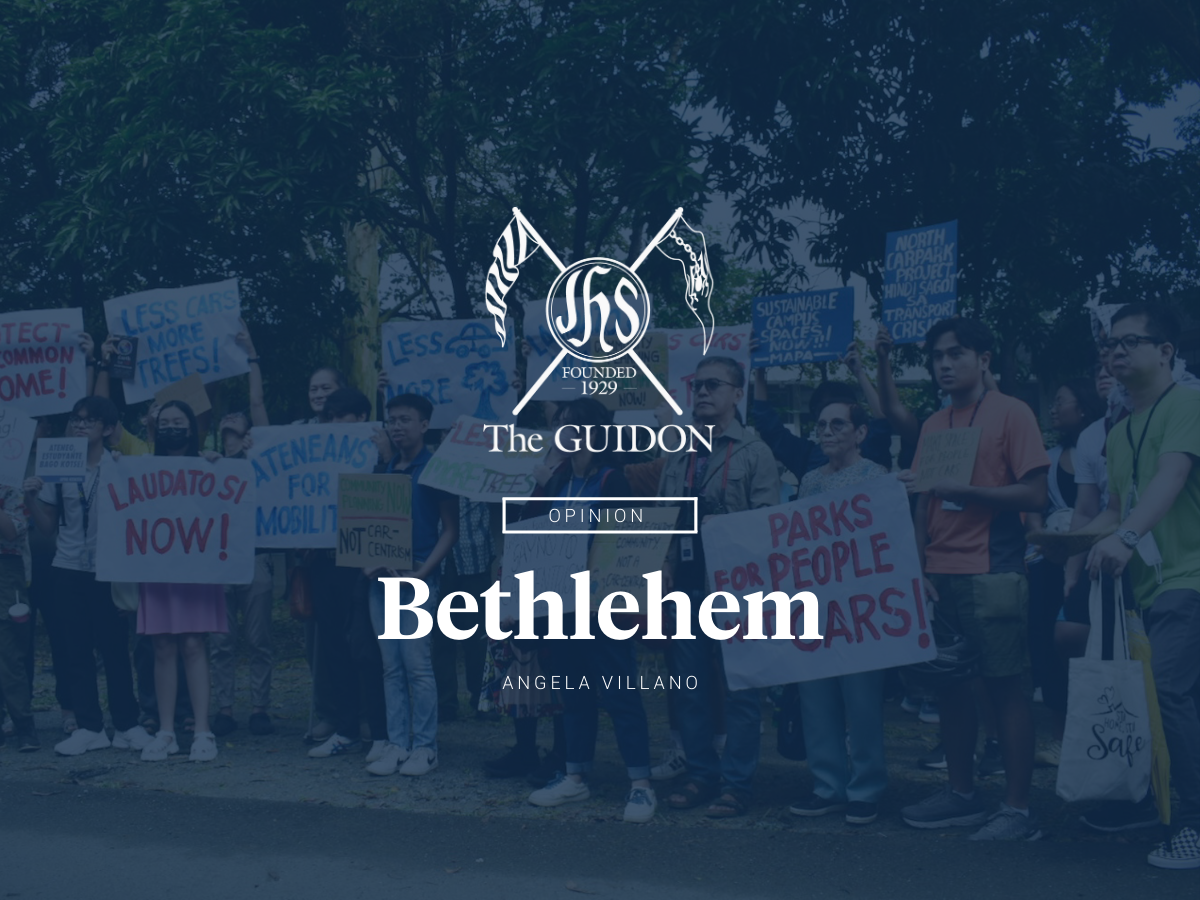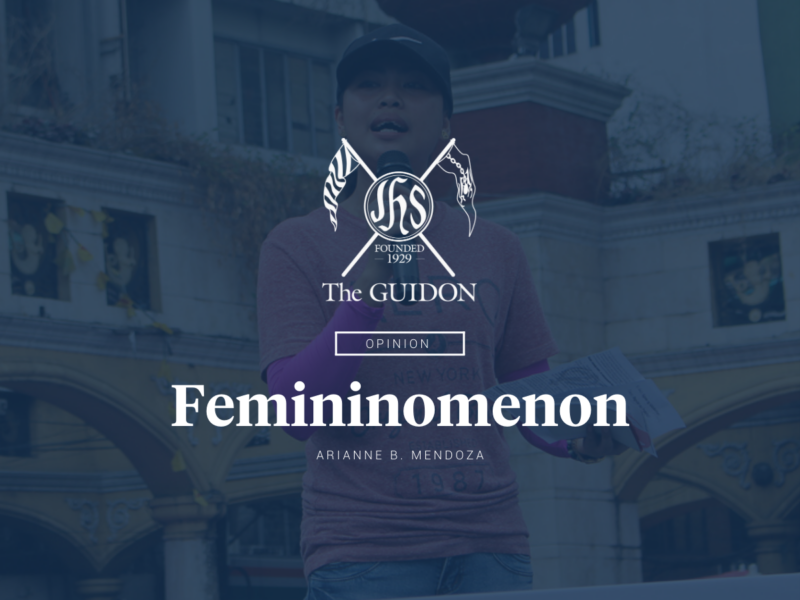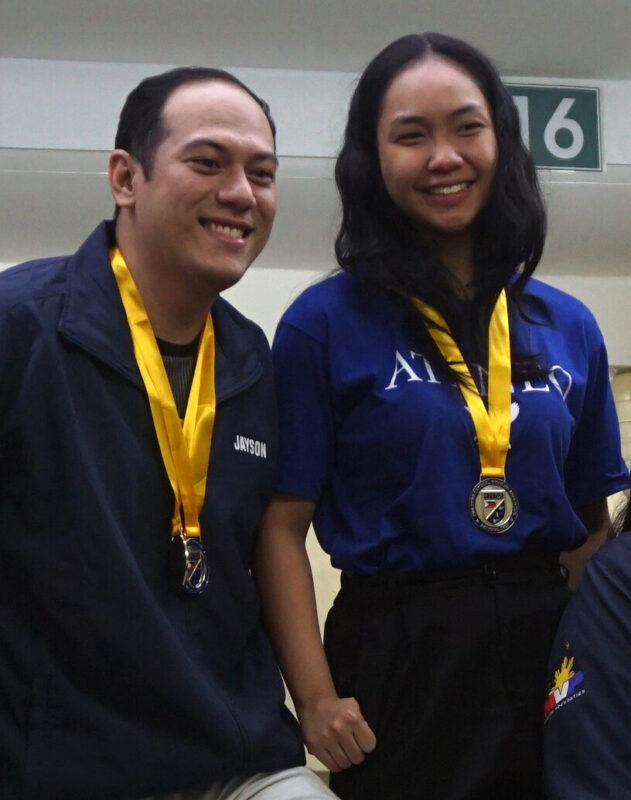TREES FALL in the Ateneo, but it seems as if no one hears a sound.
In the wake of the North Carpark Forum, I held out hope that the expressions of grievance by students and faculty were enough to impel the higher-ups to rethink the entire project. Not only that, I held out hope that a transformation in the school’s decision-making process was close at hand.
The recurring sentiment in that forum was the call for stakeholder consultations. At the barest minimum, the school’s constituents just wanted a platform for discourse on issues that directly affect them.
The outrage and protests against the North Carpark Renovation affirms in me that activism is alive in the Ateneo. It is challenged by a lack of resources and manpower, university policy restraints, and fragmented political organizing but nevertheless, it still persists.
Admittedly, those who take the risk to be leaders in university-wide dissent are rare. Those who care enough to show up when it matters are only a few, while those who are informed but choose restraint instead of speaking out constitute a vast margin.
The overwhelming majority, those we deem ignorant and apathetic, are to me like passersby who never really saw the school for what it once was and what it could be again—a nurturing ground for the idealist Filipino’s aspirations.
Such varying attitudes prompt the critical question of where the widespread ignorance is coming from. I hold out hope that for most, the answer is not a lack of values or indifference to the ills of our school. Rather, it is the fatigue of being a student or teacher who is burdened by more than what they can carry. It is the fear that stepping outside the status quo has consequences too formidable to overcome. It is the hesitation against limits imposed by the school’s bureaucratic processes and regulations.
Despite these hurdles, I dare to hope that if we were to knock on the doors of apathy, we would be greeted by a person willing to learn empathy. The idea of a socio-politically engaged student body is enticing, but achieving that requires reform at a cultural and institutional level. Before we can take it to the streets, we must bring it back to our classrooms.
The classroom is the venue for student formation, but it is also the box that most refuse to step out of. Within it, we must foster a culture of activism that not only pays respect to Philippine history, but also encourages action for the betterment of Filipino society today. This endeavor entails opening up uncomfortable conversations that go beyond the margins of our syllabus. It involves defying the restrictions that keep the peace in our everyday activities.
For the youth to find confidence in their dissent, the surrounding policies, practices, and culture must allow activism to thrive rather than be stifled. Creating this kind of space in the Ateneo involves the participation of mentors who are just as willing to bet on the cause. Student leaders are also called to convene and consolidate to better streamline multiple stakeholder interests. Most importantly, the school’s political landscape—from the student to the administrative level—ought to be redesigned to allow for more participation among constituents.
All this is possible, but the reality of the situation is evidently much different. Despite that, an emboldening culture of willfulness should become the new shared sentiment. Even in the event of nonsuccess, hope needs to overpower the gloom. Rather than be discouraged, those fighting for reform must return to the drawing board—even when grievances have gone unheard. This resiliency is crucial to all movements, especially when the cause is close to home.
These days, it feels as though the Ateneo has forgotten who it was and what it stands for. Nevertheless, I hold out hope just as so many others do in this University. We ask ourselves every day—how much longer will the Ateneo rest on its barren hill? The answer is up to us.
Power is not solely in the hands of decision-makers. It is also ours to claim.
Angela is a Diplomacy and International Relations senior expecting to graduate in 2024. Having grown up with a love for literature, her objective is to become a collector of stories seeking to pass it on and immortalize the truth in the Filipino experience.
Editor’s Note: The views and opinions expressed by the opinion writer do not necessarily state or reflect those of the publication.







